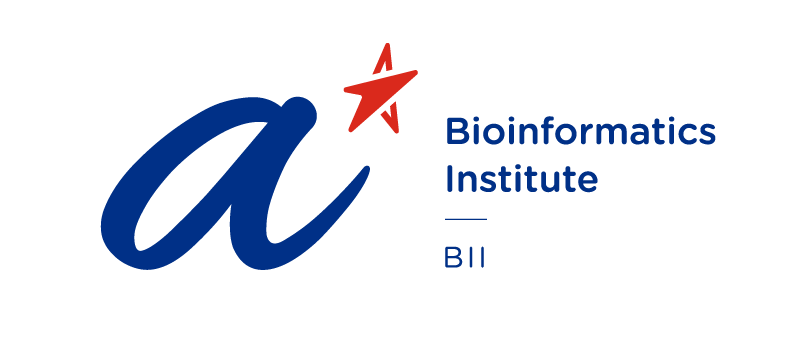Mak TM
Title: Impact of Delta Variant and Vaccination on SARS-CoV-2 Secondary Attack Rate Among Household Close Contacts
Increased risk of SARS-CoV-2 Delta acquisition compared with other variants was reduced with vaccination. Close-contacts of vaccinated Delta-infected indexes did not have statistically significant reduced risk of acquisition compared with unvaccinated Delta-infected indexes.
ReadFactors influencing SARS-CoV-2 transmission and outbreak control measures in densely populated settings
Starting with a handful of SARS-CoV-2 infections in dormitory residents in late March 2020, rapid transmission in their dense living environments ensued and by October 2020, more than 50,000 acute infections were identified across various dormitories in Singapore.
ReadClinical and virological features of SARS-CoV-2 variants of concern: a retrospective cohort study comparing B.1.1.7 (Alpha), B.1.315 (Beta), and B.1.617.2 (Delta)
Background he impact of SARS-CoV-2 variants of concern (VOCs) on disease severity is unclear. In this retrospective study, we compared outcomes of patients infected with B.1.1.7, B.1.351, and B.1.617.2 with those with wild-type strains from early 2020.
ReadAssociation of SARS-CoV-2 clades with clinical, inflammatory and virologic outcomes: An observational study
Host determinants of severe coronavirus disease 2019 include advanced age, comorbidities and male sex. Virologic factors may also be important in determining clinical outcome and transmission rates, but limited patient-level data is available.
ReadHuman neutralising antibodies elicited by SARS-CoV-2 non-D614G variants offer cross-protection against the SARS-CoV-2 D614G variant
Objectives: The emergence of a SARS-CoV-2 variant with a point mutation in the spike (S) protein, D614G, has taken precedence over the original Wuhan isolate by May 2020. With an increased infection and transmission rate, it is imperative to determine whether antibodies induced against the D614 isolate may cross-neutralise against the G614 variant.
ReadEffects of a major deletion in the SARS-CoV-2 genome on the severity of infection and the inflammatory response: an observational cohort study
Severe acute respiratory syndrome coronavirus 2 (SARS-CoV-2) variants with a 382-nucleotide deletion (∆382) in the open reading frame 8 (ORF8) region of the genome have been detected in Singapore and other countries. We investigated the effect of this deletion on the clinical features of infection.
ReadDiscovery and Genomic Characterization of a 382-Nucleotide Deletion in ORF7b and ORF8 during the Early Evolution of SARS-CoV-2
To date, limited genetic changes in the severe acute respiratory syndrome coronavirus 2 (SARS-CoV-2) genome have been described. Here, we report a 382-nucleotide (nt) deletion in SARS-CoV-2 that truncates open reading frame 7b (ORF7b) and ORF8, removing the ORF8 transcription regulatory sequence (TRS) and eliminating ORF8 transcription.
ReadInvestigation of three clusters of COVID-19 in Singapore: implications for surveillance and response measures - Singapore 2019 Novel Coronavirus Outbreak Research Team
BACKGROUND: Three clusters of coronavirus disease 2019 (COVID-19) linked to a tour group from China, a company conference, and a church were identified in Singapore in February, 2020. METHODS: We gathered epidemiological and clinical data from individuals with confirmed COVID-19, via interviews and inpatient medical records, and we did field investigations to assess interactions and possible modes of transmission of severe acute respiratory syndrome coronavirus 2 (SARS-CoV-2). Open source reports were obtained for overseas cases. We reported the median (IQR) incubation period of SARS-CoV-2.
Read